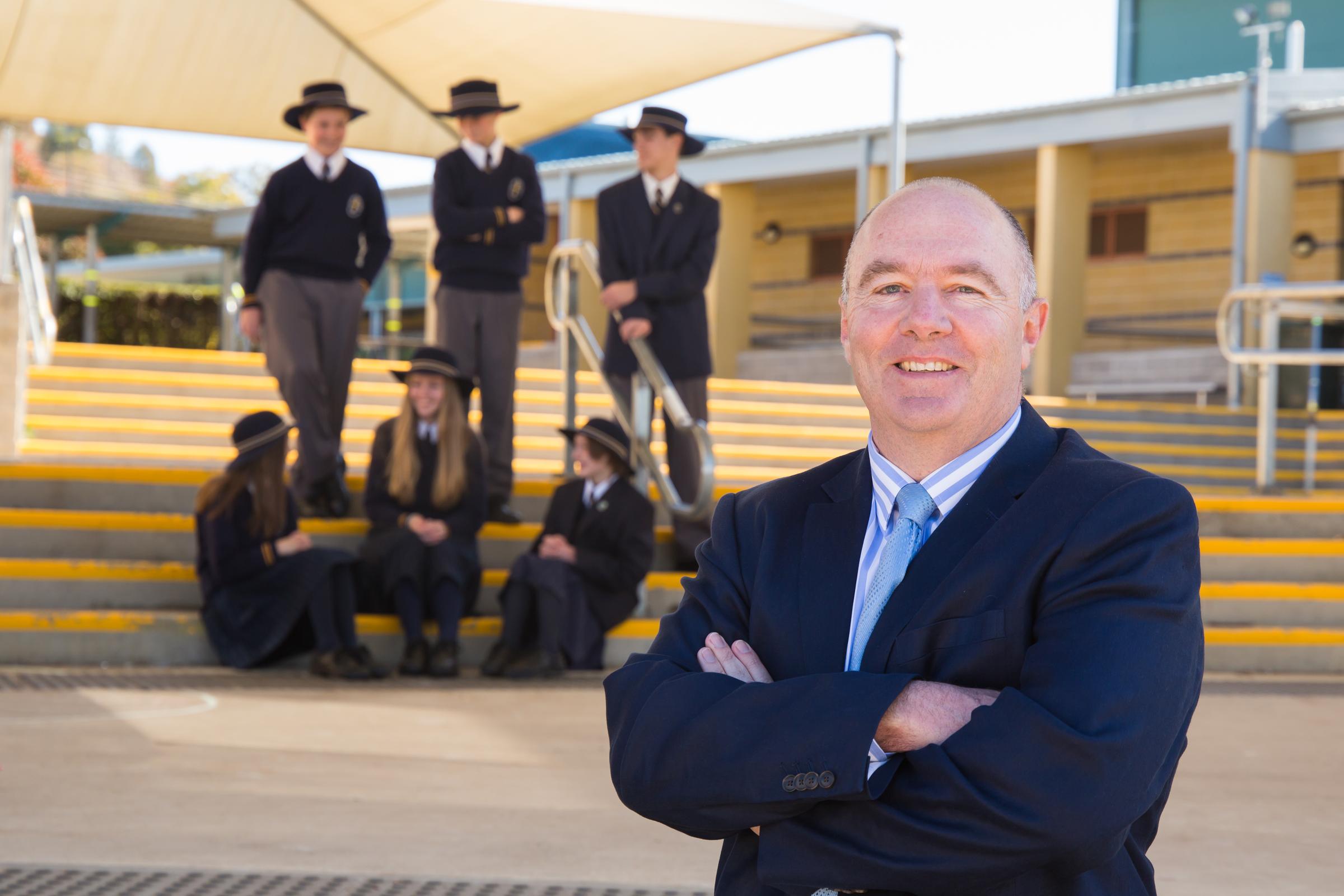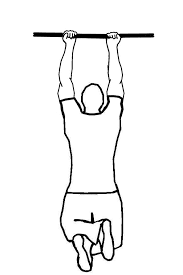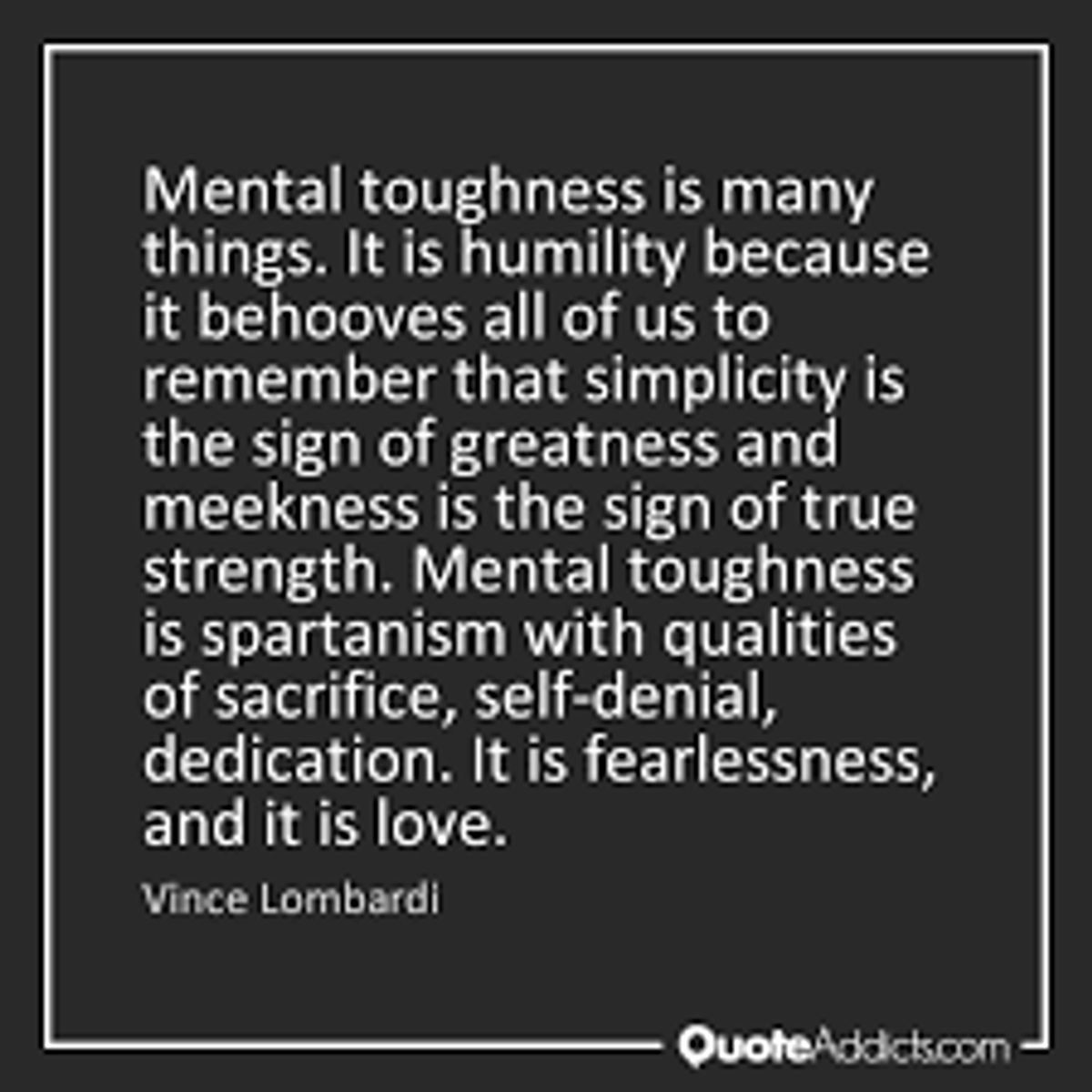Assistant Principal - Pastoral Care

Effort is the Key
At the end of last term Semester 1 2019 Reports were sent home to students in Years 7 to 11. A good deal of information was provided regarding their learning. Following the reports, it was wonderful to see so many parents and students attend the parent teacher interviews on the Wednesday evening. But similar to the beginning of the year, now is a good opportunity to sit down with your child and review their First Semester report in more detail and with ‘cooler’ heads. Together, discuss the following:
What areas was your child most pleased with – why? Outline what you were most proud of in their report and learning so far this year.
What areas of learning does your child and yourself believe have not been mentioned in the report? What do you think your teachers need to know about you? (maybe write an email to the teachers and let them know what you feel they need to know about you as a student).
What areas did they feel they improved most? What did they do to make this happen?
What areas would they like to develop this second half of the year? What will they need to do to achieve this?
What advice were the teachers giving to help in this regard? Or do I need to speak to someone to help work out what I need to do?
How would I rate my effort in each subject? Give yourself a 5 if you did everything possible or range your self a mark down to a 1 where you made little, to no, effort at all. Then work out your average.
Regardless of academic performance, one of the core elements that I consistently encourage with students is effort – effort is the single most influential factor that they can control in their learning: ‘Get the effort right and the rest will follow.’ Or, as that great war-time leader said:
“Continuous effort, not strength or intelligence, is the key to unlocking our potential.”
Winston Churchill
In an article that I like to use with Seniors, one of the key points made for school leavers is that:
Your attitude matters more than your academic results: Contrary to all that your well-meaning and hard-working teachers have told you, the rest of life will not hinge on exam results and tertiary entrance rankings. Sure, good marks give you options and make your parents proud, but in the real world attitude counts for everything. The good news is that employers will quickly overlook the poorest academic results if they see you are hard-working, teachable, reliable and just plain-old polite.
Of one of the main sites where we are expected to learn and develop these qualities is at school and once you develop these qualities and apply it to your learning then, over time, the results will take care of themselves.
Allied with this is an emphasis on the notion of growth. Growth is something all of us can do, regardless of innate talents or abilities, therefore focusing on the process of learning rather than the end result is always much more useful and meaningful if we are to continue to grow.
I have been sharing with Year 12 my own journey in the realm of completing chin ups for the first time as a 50 year-old. When I commenced a few years ago I was only able to complete sets of one at a time. My starting place was as low as you could get but over time I have been able to build the repetitions. I learned several important things through the process that applies to growth and I believe applies to learning at school:
Get started – nothing happens if you don’t begin.
Usually the first set is the most difficult so it is critical to push through this but once you have commenced you are on your way and you feel that you can complete more.
When you are striving to go to another level you often struggle and cannot complete that repetition but trying to is vital because you are more likely to achieve it the next time round. You build strength even when you don’t succeed.
There are days when it feels easy – make the most of it.
There are days when it is tough – these are the most important days when you push yourself through the sets because you come out the other side much stronger, both mentally and physically.
Some growth comes in spurts while at other times it is gradual, steady and slow, sometimes imperceptible. This is where teachers and parents play a key role in giving students feedback and encouragement that sustains their self-belief and reinforces their sense that it can be done.
I have always been a great fan of Steve Waugh who said “Mental toughness is not giving in to yourself.” Our greatest impediment to growth and development is often ourselves, particularly when we face a challenge. Building academic resilience and a self determination to do one’s best is one of the core goals we have with our students. Once they develop this mindset then they have the key to success.
Mr Mick Larkin - Assistant Principal - Pastoral Care




